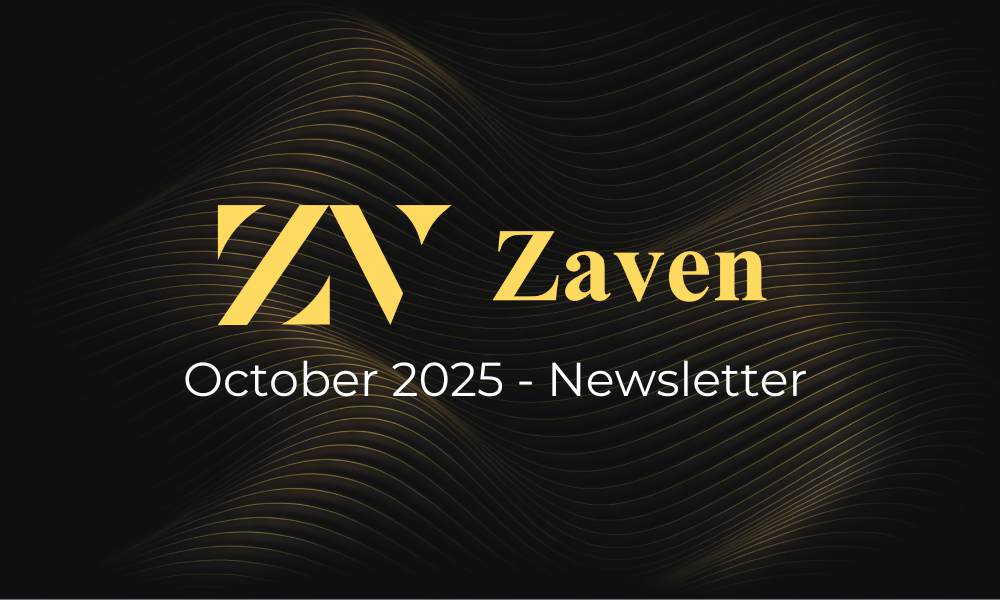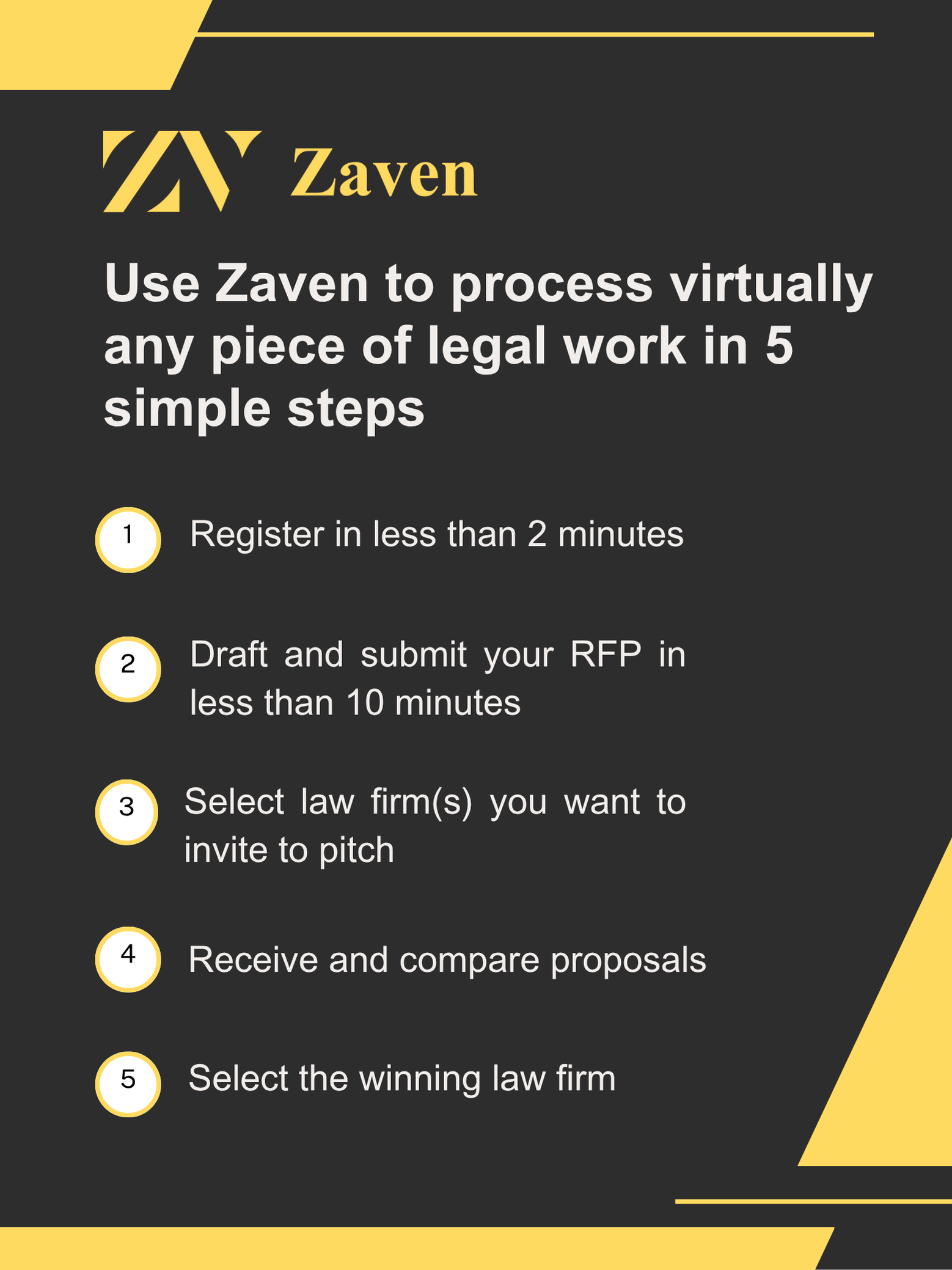Source: Bloomberg Law
In today’s increasingly divisive political climate, General Counsel and in-house legal leaders find themselves facing unprecedented challenges when selecting and maintaining relationships with outside counsel. As recent events demonstrate, law firms can suddenly become embroiled in political controversies that extend far beyond traditional legal disputes, forcing GCs to make difficult decisions about their legal partnerships.
When Law Firms Become Political Targets
Recent developments have highlighted the growing tension between government and certain law firms. As documented by former Airbnb General Counsel and Chief Ethics Officer Rob Chesnut, firms are increasingly finding themselves compelled to choose sides in political disputes.
Some firms, like Perkins Coie, have responded to government pressure with legal action, filing lawsuits to challenge what they perceive as overreach. Others, like Paul Weiss, have reportedly taken more conciliatory approaches to avoid confrontation with the administration.
These divergent responses create a complex decision matrix for in-house counsel who must determine which firms align with their companies’ needs, values, and risk tolerance.
The Stakeholder Balancing Act
For GCs, the choice of outside counsel has traditionally centered on expertise, cost, and cultural fit. Today, however, they must consider additional factors that could have significant business implications.
“You have an obligation to your shareholders and other stakeholders,” Chesnut notes, “and supporting a firm that actively challenges the administration, or is targeted by the administration, carries risk.”
This is particularly true for companies that rely on federal contracts or regulatory approvals. A GC must weigh whether continued association with certain law firms might jeopardize these relationships or expose the company to unwanted scrutiny.
Values vs. Pragmatism
The tension between corporate values and business pragmatism creates particularly thorny challenges. Many companies have made public commitments to diversity, equity, and inclusion (DEI) initiatives or taken stands on various social issues. When their law firms face pressure over these same values, GCs must decide whether alignment on these principles outweighs potential business risks.
“You may respect the firm’s courage and detest the idea of working with another firm whose values aren’t aligned with your personal beliefs,” Chesnut observes. “But you also must consider how much pain your business will endure to do what feels like the right thing.”
This calculus varies considerably depending on a company’s industry, customer base, and public profile. Tech companies with progressive brand identities may make different choices than defense contractors or energy companies with significant government relationships.
Practical Considerations
Beyond values alignment, GCs must also consider practical matters. Can a law firm effectively represent your company if it faces restrictions on access to government agencies or personnel? Will your matter receive adequate attention if the firm is simultaneously managing high-profile political confrontations?
These operational questions matter just as much as the philosophical ones. A law firm embroiled in its own legal battles may have diminished capacity to handle client matters effectively, regardless of values alignment.
Building Internal Consensus
Chesnut emphasizes that these decisions shouldn’t be made in isolation. “This is a discussion that in-house legal leaders should have with the rest of the executive team,” he advises. The C-suite and board should understand both the practical and ethical dimensions of these choices.
This may require GCs to serve as both legal advisors and ethical compasses, reminding business leaders of the broader principles at stake while acknowledging business realities.
Finding Safety in Numbers
One approach gaining traction is collective action. Some GCs are working through industry associations or forming informal alliances to address concerns about government pressure on law firms. These collaborative approaches can provide greater impact with less individual exposure.
“Trump’s efforts to intimidate lawyers become more challenging with each additional lawyer who speaks up,” Chesnut notes, suggesting that coordinated response may prove more effective than isolated resistance.
The Long View
Perhaps most importantly, Chesnut reminds legal leaders to consider how their decisions will be viewed in retrospect. Quoting Martin Luther King Jr., he observes, “In the end, we will remember not the words of our enemies, but the silence of our friends.”
This historical perspective suggests that short-term accommodations might carry long-term reputational costs. Companies that quickly abandon law firms under political pressure may find their actions scrutinized unfavorably by future employees, customers, and business partners.
Navigating Forward
As political polarization continues to affect the legal profession, GCs must develop thoughtful approaches to outside counsel relationships that balance multiple considerations:
- Establish clear criteria: Define what factors will guide outside counsel selection, including how political controversies will be weighed against other considerations.
- Engage stakeholders: Ensure alignment with the C-suite and board on how to approach these decisions.
- Diversify relationships: Maintain relationships with a diverse set of law firms to reduce dependency on any single firm.
- Consider collective action: Explore industry associations or informal alliances to address concerns collaboratively.
- Document decisions: Maintain clear records of the rationale behind outside counsel choices to explain them to stakeholders if needed.
Conclusion
The politicization of law firm relationships presents no easy answers for corporate legal departments. Each GC must navigate this challenging landscape based on their company’s unique circumstances, values, and risk tolerance.
What’s clear is that these decisions now extend far beyond traditional considerations of legal expertise and cost. They increasingly reflect fundamental questions about corporate values, political positioning, and the role of businesses in supporting democratic institutions.
As Chesnut concludes, “There’s a bigger picture here, a long-term view, and the world will have a long memory about how each company, each law firm, each attorney responded when it was hard to do the right thing.”
Read more: Bloomberg Law







